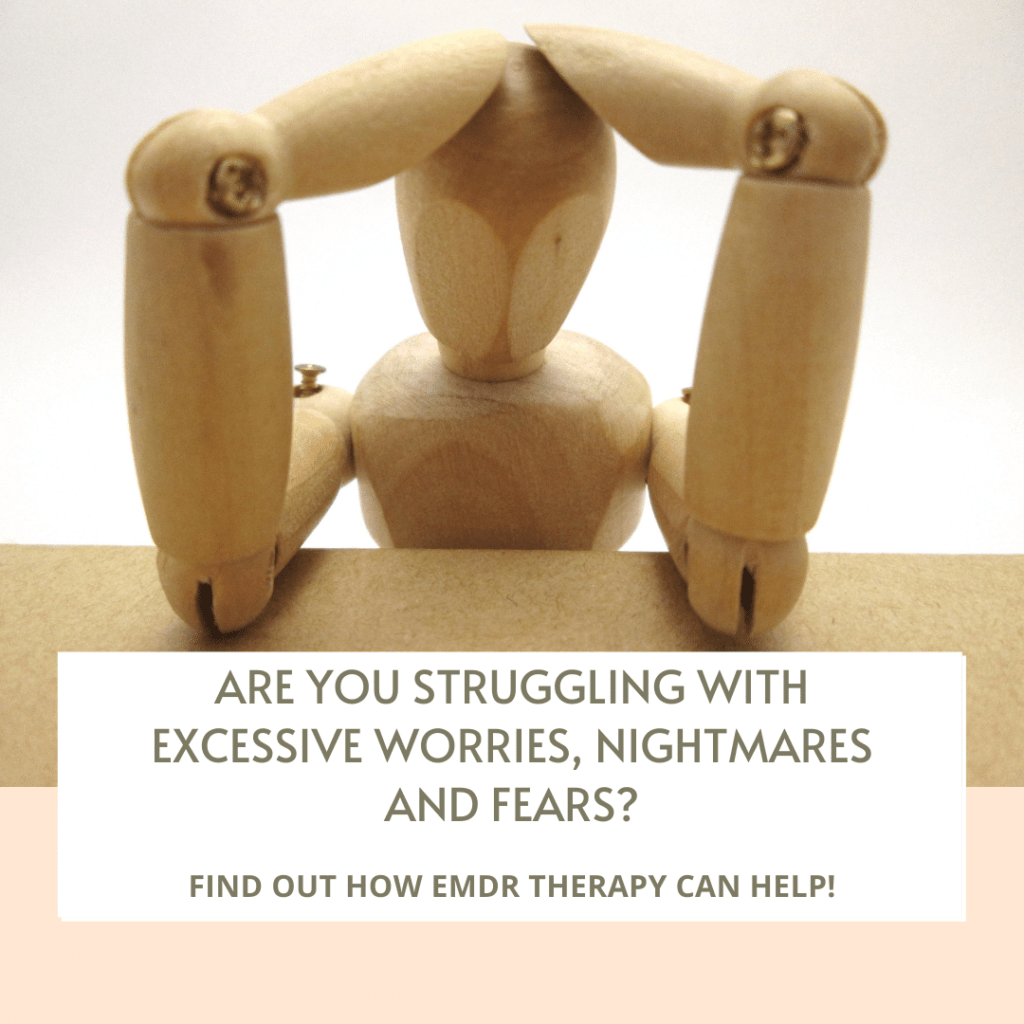
Are you struggling with excessive worries, nightmares and fears?
With all the current changes that we are seeing in our nation and the constant news about the lingering effects of the pandemic, riots, shootings, and political and financial turmoil it is important to understand that all the images and news that we consume affect our everyday life.
We are learning that as the pandemic is over, there is a phenomenon of global mass trauma that is taking place. The word “trauma” may be hard to relate to. Trauma is commonly used for situations or events that are extremely stressful and painful to deal with. Most people think of it as it relates to car accidents, terrorist attacks or events that are violent in the way they unfold. However, this mass trauma that we all have experienced is more in the way of how we make sense of things that were disrupted.
According to David Trickey, a representative of the UK trauma council:
“When the way that you yourself, the way that you see the world, and the way that you see other people are shocked or forever changed by an event- a gap comes up between your ability to “orient yourself” and that event. Creating stress that develops into trauma which can get increasingly bigger due to a lingering feeling of helplessness”
Our ability to fill this gap, also known as our resiliency skills determines how impactful things become to us. When we are in a strong emotional place, we have the ability to fill the gap. Losing a job, facing a difficult situation or even having a few “down” days are not that challenging. But when we are depleted from our strength and we are in a place of constant difficulty, even those events can become traumatic in nature.
70% of adults in the U.S. have experienced some type of traumatic event at least once in their lives. That’s 223.4 million people.
This mass trauma or also known as collective trauma is seen when the same event or series of events, traumatises a large number of people within some shared time span. It can be said that this pandemic fits well within that description.
The effects of this trauma may be experienced by constant worrying, hyper-vigilance, nightmares, difficulty falling asleep, and or images that just won’t go away. You may be worried that no matter how hard you try to overcome it that it will just never go away. When a trauma occurs it gets stored in the nervous system with the original picture, sounds, thoughts, and feelings.
How can EMDR help with Trauma?
There are many different ways to treat trauma. One of the most effective approaches has been through the use of EMDR. EMDR stands for Eye movement desensitization and reprocessing therapy. The eye movements and bilateral stimulation used in EMDR seems to unlock the nervous system and allow the brain to reprocess those experiences from negative to positive or neutral. As the memory gets re-processed, they get moved out of the fight-flight response to a more neutral state thus decreasing the impact that it had on our daily lives.
In addition, EMDR has been proved to be effective for these presenting concerns: Addiction, OCD, PTSD, any and all traumatic experiences, anxiety, depression, bipolar, behavioral disorders, grief, car accidents, low self-esteem, phobias, natural disasters; those who also have autism or low IQ can benefit. It is effective for all ages, from children to the elderly.
If you find yourself struggling with excessive worry, fears, and nightmares. We can help! To learn more about EMDR click here. Call us today to schedule an appointment.
